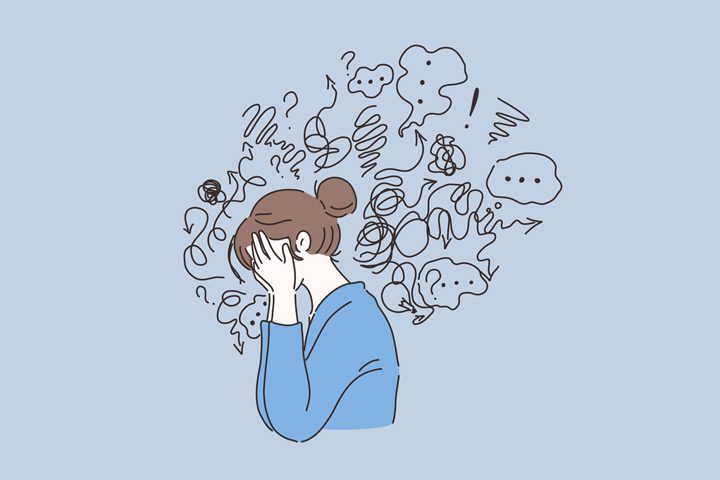
Why Is Underlying Mental Illness the Root Cause of Addiction?
Mental illness is common. The National Alliance on Mental Health notes that 1 in 5 adults in the United States experience some form of mental illness each year. And 1 in 15 experience a serious mental illness annually. That’s 47.6 million people in the country struggling with mental illness.
The Connection
There’s no doubt that underlying mental illness is often a precursor to drug and alcohol use. An estimated 19.3 percent of adults with mental illness also have substance use disorder. That’s about 9.2 million people.
Why Do Mental Illness and Addiction Happen Together So Often?
Called co-occurring disorders, mental illness and addiction are very commonly linked. The most common conditions linked with addiction include depression, anxiety, bipolar disorder, post-traumatic stress disorder, and obsessive-compulsive disorder.
In some situations, mental illness comes first. You may have depression or a traumatic history. To help you block out unwanted thoughts or memories, you may have turned to drugs or alcohol. However, continued use may have created dependence and addiction–which can worsen the depression and the symptoms of trauma.
In other cases, the alcohol or drug use may have started first. You seemed to be okay mentally before you started using, but now you’re struggling increasingly with depression and bipolar disorder. In these cases, you may have had a predisposition to mental illness due to genetic makeup, and the drug use may have triggered it.
When mental illness and addiction occur together, both conditions must be treated.
Why Do You Have This Mental Illness?
It’s hard to come to grips with the thought that you could have a mental illness. Yet, if you look at the many ways that mental illness forms, it’s clear that many of us are at risk. Causes for mental illness include:
- Genetics: If you have a family member with mental illness, this may mean you’re at a higher risk of developing a mental illness.
- Biology: People who are more likely to struggle with mental illness and use drugs and alcohol may be affected by biological factors, such as impairment of neural networks in the brain.
- Environmental factors: The life you live and the places you live impact your development of mental illness, especially if you have been exposed to environmental toxins or high stress.
- Trauma: Trauma happens for many reasons, including any situation that made you fear for your life. That includes physical abuse, emotional abuse, sexual trauma, and wartime experiences.
Do You Have Symptoms of Mental Illness?
When you enter addiction treatment at Victory Recovery Center, we will provide a comprehensive assessment to determine whether you are also struggling with mental illness. However, you may already see a few symptoms of mental illness in yourself:
- You use alcohol or drugs as a way to stop thinking about what bothers you.
- You use alcohol as a way to calm your mind before big or stressful events.
- If you don’t use drugs or alcohol, you feel uneasy and perhaps out of control.
- Your anxiety and depression seem to be more intense than ever.
- You need to use more and more of the same drugs to get the desired effects.
What Can Be Done to Help You?
Dual diagnosis treatment is at the heart of treating co-occurring disorders. You’ll work closely with your therapist to create a treatment plan to address what’s happening and when and why it started. Is it due to a trauma in your past? Are you struggling because of a chemical imbalance that needs medication?
During your treatment, you’ll work to stop using drugs and alcohol. For some people, this may mean going through a detox process to break the physical dependency. In residential treatment, you’ll then learn how to work on improving your health and managing the underlying addiction.
By pairing your addiction treatment and mental health treatment, our therapists can give you real tools and strategies to deal with the high stress and difficult challenges you face. You will also learn more about your illness and how to manage it effectively.
